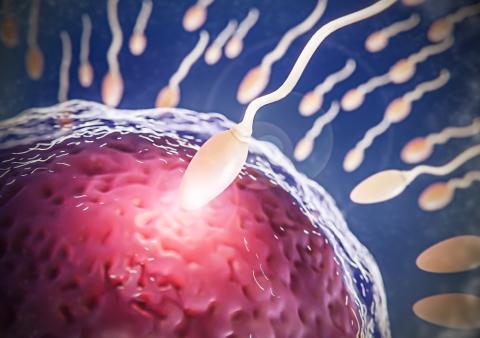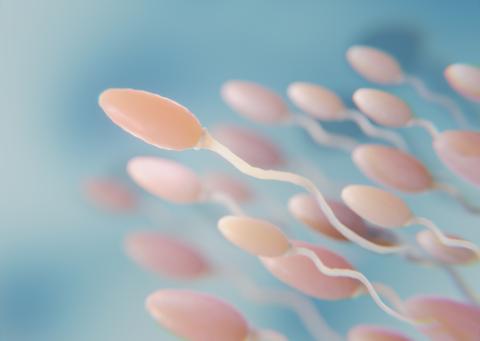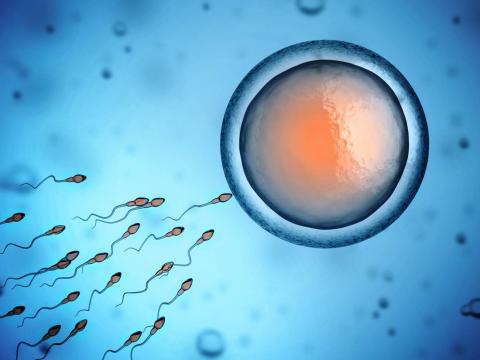Reaction: new evidence on the link between father's age and genetic disorders in offspring
Sperm from older fathers are more likely to pass on new mutations that would cause congenital disorders to their babies, while other mutations are independent of paternal age, says a study published in Genome Biology and Evolution. The team analysed the frequency of ten FGFR3 gene variants in semen samples from anonymous donors aged 23-59 years in Austria. Two pathogenic mutations of this gene do occur more frequently in older fathers: those associated with achondroplasia and with thanatophoric dysplasia, a rare and very fatal disease. Other mutations have no correlation with paternal age and may occur in the testes before sexual maturation, according to the study.

Nicolás Garrido - padres mayores EN
Nicolás Garrido Puchalt
Director of the IVI Foundation (Valencian Infertility Institute) and Director of Research Administration at IVIRMA Global Research Alliance in Valencia
Conception by older men has been associated with an increased risk of the appearance of pathologies with a genetic component in the offspring compared to those conceived by younger fathers.
The concept of advanced age in men is elusive, because unlike in women, where age has a clear influence on reproductive capacity, and from a certain value onwards significantly affects it, these changes associated with age in men occur more gradually, without obvious jumps, which makes it difficult to define a threshold value.
One of the reasons for this risk associated with male age is due to an accumulation of mutations in the germ line that gives rise to spermatozoa, as these are cells with a high rate of division throughout the male's life, which can accumulate faults in DNA replication that result in genetic problems, so that the older the male is, the more of these he accumulates and, therefore, the greater the genetic risk to offspring.
The work published by Moura and colleagues, which focuses on the FGFR3 oncogene, looks at 10 specific alterations in this gene and their association with paternal age, as well as seeking to explain the underlying mechanisms. Taken together, these results provide new insights into the mutagenesis of driver mutations and the resulting mosaicism in the male germline, with important implications for the transmission and recurrence of associated disorders, reaffirming previous concepts regarding the influence of male age at conception and the risk to offspring.
Sofia Moura et al.
- Research article
- Peer reviewed



